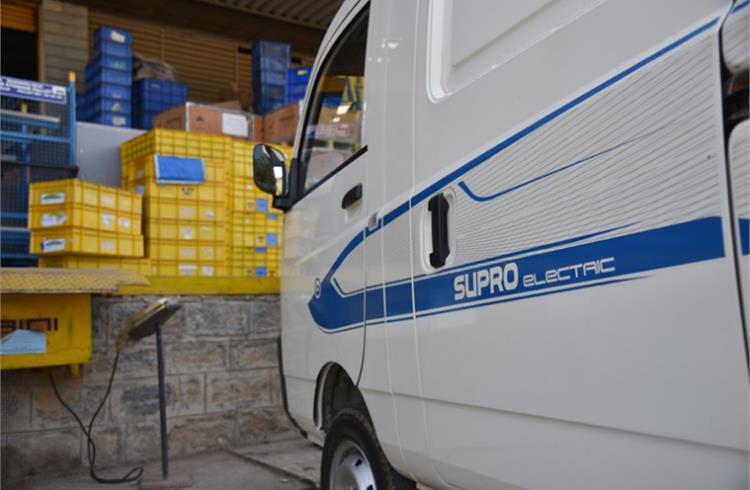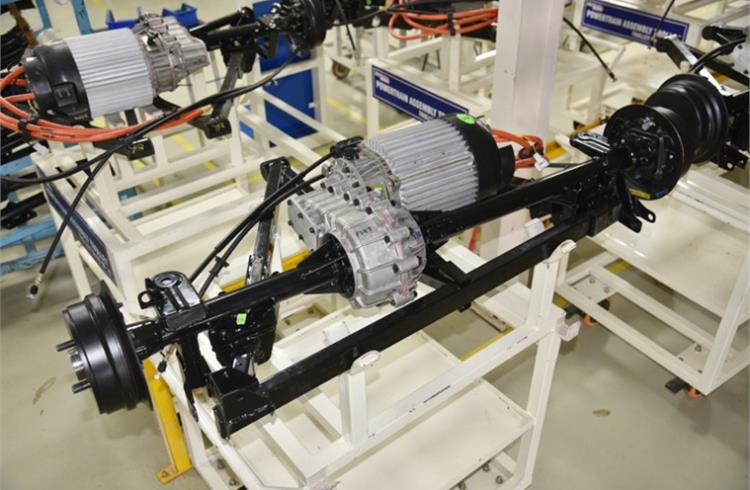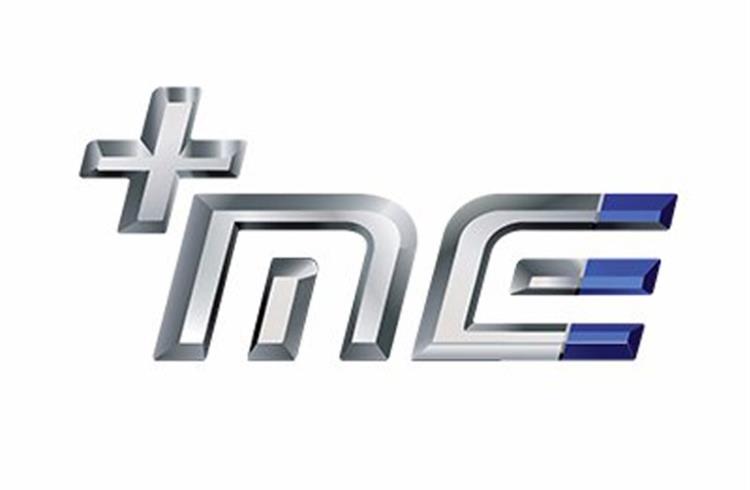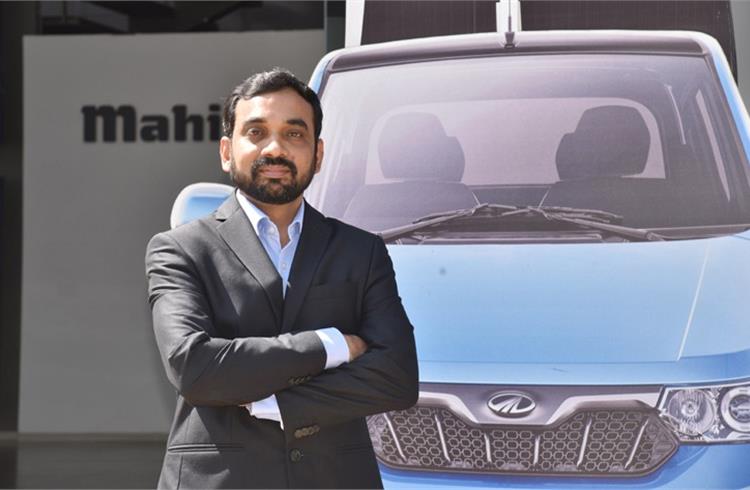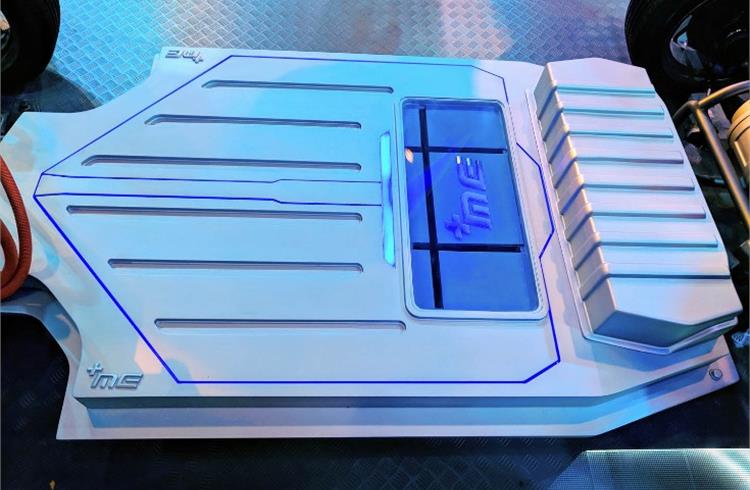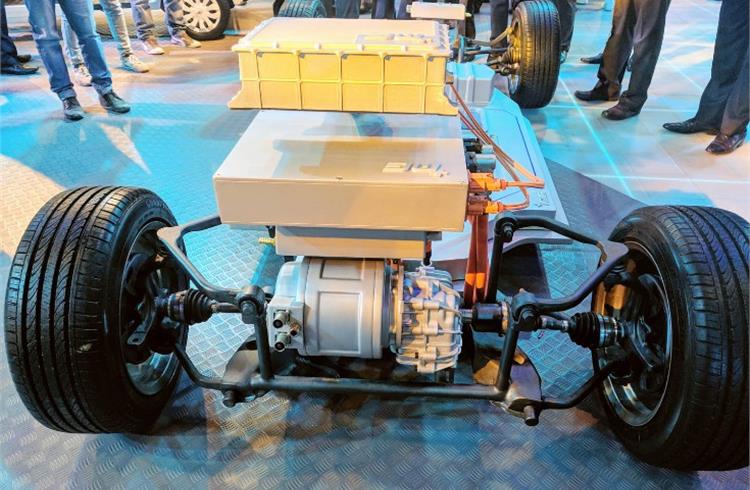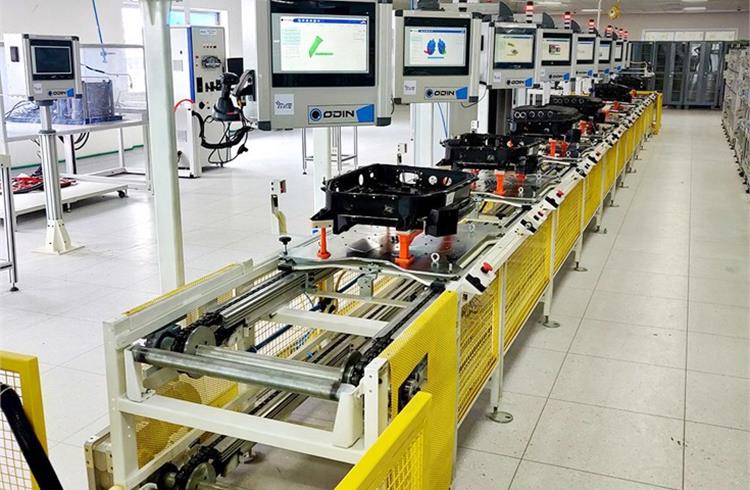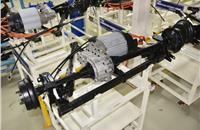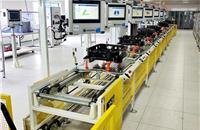Mahindra Electric first Indian OEM to get Science Based Targets’ approval
The SBTi’s Target Validation Team has classified Mahindra Electric’s scope 1 and 2 target ambition and has determined that it is in line with a well-below 2deg C trajectory.
In what is a singular achievement, Mahindra Electric, the electric vehicle arm of Mahindra & Mahindra, has become the first Indian automaker – and second worldwide – to receive approval from Science Based Targets.
The Science Based Targets initiative (SBTi) champions science-based target setting as a powerful way of boosting companies’ competitive advantage in the transition to the low-carbon economy. It is a collaboration between CDP, the United Nations Global Compact (UNGC), World Resources Institute (WRI), and the World Wide Fund for Nature (WWF) and one of the We Mean Business Coalition commitments.
The Science Based Target initiative (SBTi) enables companies to demonstrate their leadership on climate action by publicly committing to science-based GHG reduction targets. As more and more companies join the initiative it will create a critical mass that will drive an increase in science-based target setting throughout the private sector. The overall aim of the initiative is that by 2020 science-based target setting will become standard business practice and corporations will play a major role in ensuring we keep global warming well below a 2deg C increase.
The SBTi’s Target Validation Team has classified Mahindra Electric’s scope 1 and 2 target ambition and has determined that it is in line with a well-below 2deg C trajectory. The temperature alignment (2deg C, well below 2deg C, or 1.5deg C alignment) of all scope 1 and scope 2 targets that have been approved by the SBTi.
The eco-friendly SBTI’s comment is: “Mahindra Electric Mobility Limited commits to reduce scope 1 and 2 GHG emissions 35% per vehicle produced by 2033 from a 2018 base year. Mahindra Electric Mobility Limited also commits to reduce scope 3 GHG emissions 30% per vehicle by 2033 from a 2018 base year.”
Commenting on the SBT approval, Mahesh Babu, CEO, Mahindra Electric, said: “With this approval by SBT, we are committed to reduce greenhouse gas emissions up to 35% with every car produced between 2018-2033. This further contributes to our vision to provide clean mobility solutions for a billion Indians and the world.”

L-R: The GCAS co- chairs – Patricia Espinosa, UNFCCC executive secretary; Xie Zhenhua, special representative for Climate Change Affairs of China; Jayathma Wickramanayake, the UN Secretary-General’s Envoy on Youth; Jerry Brown, Governor of California; Michael Bloomberg, UN Secretary-General’s Special Envoy for Climate Action and Anand Mahindra, Chairman, Mahindra Group (Photograph: September 14, 2018).
In September 2018, the Mahindra Group had announced plans to go carbon neutral by 2040 with a clear focus on energy efficiency and renewable power. Chairman Anand Mahindra had then said “We are doing our part in the global fight against climate change with this ambitious new target. Mahindra will leverage the latest technological advances and its recently announced Carbon Price to work towards being carbon neutral by 2040.Targets based on science are the only effective way to meet the challenges we face."
The Paris agreement in 2015 saw near 200 of the world’s governments commit to prevent dangerous climate change by limiting global warming to well below 2deg C. This signalled an acceleration in the transition to a low-carbon economy. Many companies are already demonstrating they have the skills, expertise and ingenuity to make this a reality but need ambitious emissions reduction targets that ensure the transformational action they take is aligned with current climate science.
Targets adopted by companies to reduce greenhouse gas (GHG) emissions are considered 'science-based' if they are in line with what the latest climate science says is necessary to meet the goals of the Paris Agreement—to limit global warming to well below 2deg C above pre-industrial levels and pursue efforts to limit warming to 1.5deg C.
RELATED ARTICLES
Bosch hydrogen engine tech-powered truck to be on Indian roads this year
The global supplier of technology and services is betting big on both electromobility and hydrogen. While announcing the...
IIT Bombay inaugurates Arun Firodia Research Floor
IIT Bombay, one of India’s top technical and research institutions, honours Kinetic Group chairman Dr Arun Firodia, one ...
Maruti Suzuki expands capacity at Manesar plant by additional 100,000 units
New assembly line at Plant A expands total manufacturing capacity at the Manesar plants to 900,000 units per annum. Alon...





 By Autocar Pro News Desk
By Autocar Pro News Desk
 30 Nov 2019
30 Nov 2019
 14104 Views
14104 Views



